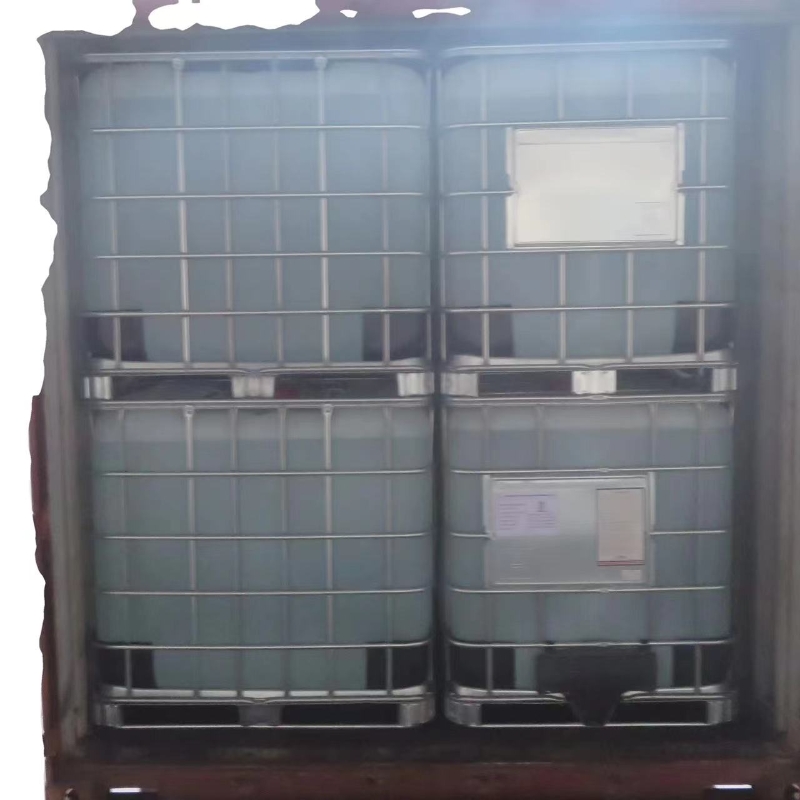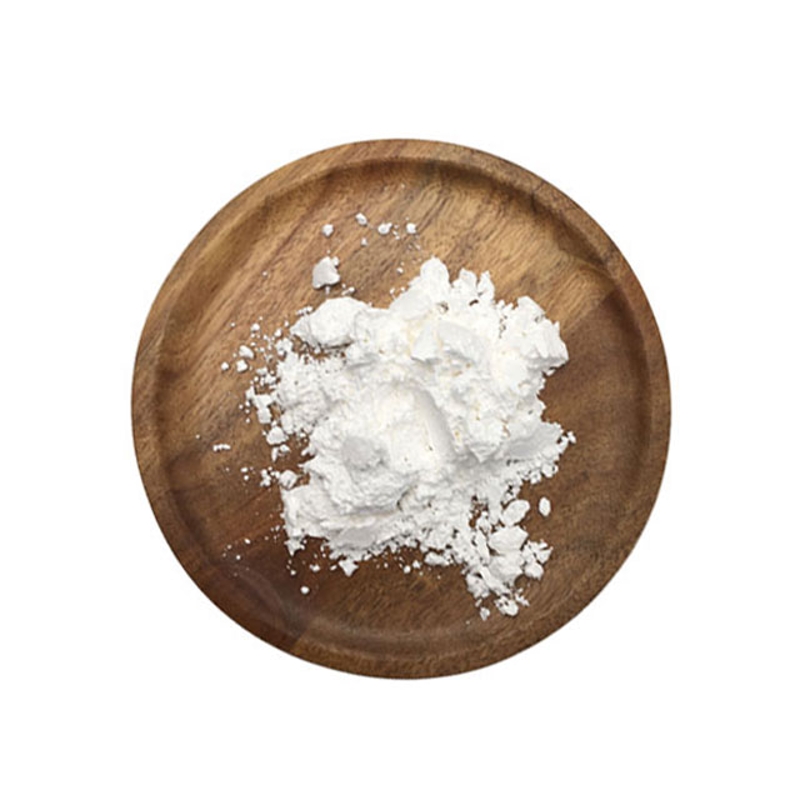-
Categories
-
Pharmaceutical Intermediates
-
Active Pharmaceutical Ingredients
-
Food Additives
- Industrial Coatings
- Agrochemicals
- Dyes and Pigments
- Surfactant
- Flavors and Fragrances
- Chemical Reagents
- Catalyst and Auxiliary
- Natural Products
- Inorganic Chemistry
-
Organic Chemistry
-
Biochemical Engineering
- Analytical Chemistry
- Cosmetic Ingredient
-
Pharmaceutical Intermediates
Promotion
ECHEMI Mall
Wholesale
Weekly Price
Exhibition
News
-
Trade Service
Compiled and organized by Yimaitong, please do not reprint without authorization
.
Bloodstream infection (BSI) is the most common infection in patients with febrile neutropenia and neoplastic hematopathy, with an incidence of 10%-38%
.
Septic shock is the most severe clinical manifestation of such infections, but little information is available on the morbidity, characteristics, and prognosis of neutropenic patients who develop sepsis
.
Recently, a study published in Antimicrob Agents Chemother showed that septic shock in patients with febrile neutropenia and BSI was associated with extremely high mortality.
Active beta-lactam antibiotics combined with amica Star treatment has the best outcome
.
To analyze risk factors for death in patients with septic shock in febrile neutropenia with BSI and to evaluate empiric antibiotic regimens, we compared two prospective cohorts in a multicenter retrospective study of two prospective cohorts.
BSI in patients with septic shock and non-septic shock
.
The results showed that 257 (16%) of 1563 neutropenic patients with BSI developed septic shock, especially those with solid tumors or receiving corticosteroids, and the mortality rate of patients with septic shock was higher than that of non- Patients with septic shock (55% vs 15%, p<0.
001)
.
Notably, BSI causing septic shock is mainly caused by Gram-negative bacilli (GNB), including Escherichia coli, Pseudomonas aeruginosa, and Klebsiella
.
In fact, in the current study, these three pathogens together caused more than three-quarters of BSI episodes in septic shock patients
.
The study showed that neutropenic patients with BSI and septic shock had an extremely high mortality rate (55%)
.
Therefore, early and effective treatment is very important to reduce mortality in neutropenic patients
.
Inappropriate empiric antibiotic therapy (IEAT) was used in 17.
5% of patients with septic shock, and empiric beta-lactam in combination with other active antibiotics was associated with the lowest observed mortality
.
When amikacin was the only effective antibiotic, mortality was 90%, and increasing empirically specific Gram-positive coverage had no effect on mortality
.
Mortality was higher when receiving IEAT (76% vs 51%, p=0.
002)
.
Age >70 years, Candida or GNB receiving IEAT, acute kidney injury, and when amikacin was the only effective antibiotic were independent risk factors for mortality
.
Compared with patients with septic shock who did not receive the combination of beta-lactam and amikacin, receiving the combination of these drugs was an independent factor in reducing mortality
.
In conclusion, septic shock in patients with febrile neutropenic BSI is mainly caused by GNB and is associated with extremely high mortality, especially when receiving IEAT
.
Empirically, the combined use of beta-lactam and amikacin is associated with lower mortality
.
Therefore, in neutropenic patients with septic shock, the use of active beta-lactam in combination with amikacin is strongly considered
.
Reference source: Chumbita M, Puerta-Alcalde P, et al.
Impact of empirical antibiotic regimens on mortality in neutropenic patients with bloodstream infection presenting with septic shock.
Antimicrob Agents Chemother.
2021 Nov 29:AAC0174421.
doi: 10.
1128/AAC.
01744- twenty one.
.
Bloodstream infection (BSI) is the most common infection in patients with febrile neutropenia and neoplastic hematopathy, with an incidence of 10%-38%
.
Septic shock is the most severe clinical manifestation of such infections, but little information is available on the morbidity, characteristics, and prognosis of neutropenic patients who develop sepsis
.
Recently, a study published in Antimicrob Agents Chemother showed that septic shock in patients with febrile neutropenia and BSI was associated with extremely high mortality.
Active beta-lactam antibiotics combined with amica Star treatment has the best outcome
.
To analyze risk factors for death in patients with septic shock in febrile neutropenia with BSI and to evaluate empiric antibiotic regimens, we compared two prospective cohorts in a multicenter retrospective study of two prospective cohorts.
BSI in patients with septic shock and non-septic shock
.
The results showed that 257 (16%) of 1563 neutropenic patients with BSI developed septic shock, especially those with solid tumors or receiving corticosteroids, and the mortality rate of patients with septic shock was higher than that of non- Patients with septic shock (55% vs 15%, p<0.
001)
.
Notably, BSI causing septic shock is mainly caused by Gram-negative bacilli (GNB), including Escherichia coli, Pseudomonas aeruginosa, and Klebsiella
.
In fact, in the current study, these three pathogens together caused more than three-quarters of BSI episodes in septic shock patients
.
The study showed that neutropenic patients with BSI and septic shock had an extremely high mortality rate (55%)
.
Therefore, early and effective treatment is very important to reduce mortality in neutropenic patients
.
Inappropriate empiric antibiotic therapy (IEAT) was used in 17.
5% of patients with septic shock, and empiric beta-lactam in combination with other active antibiotics was associated with the lowest observed mortality
.
When amikacin was the only effective antibiotic, mortality was 90%, and increasing empirically specific Gram-positive coverage had no effect on mortality
.
Mortality was higher when receiving IEAT (76% vs 51%, p=0.
002)
.
Age >70 years, Candida or GNB receiving IEAT, acute kidney injury, and when amikacin was the only effective antibiotic were independent risk factors for mortality
.
Compared with patients with septic shock who did not receive the combination of beta-lactam and amikacin, receiving the combination of these drugs was an independent factor in reducing mortality
.
In conclusion, septic shock in patients with febrile neutropenic BSI is mainly caused by GNB and is associated with extremely high mortality, especially when receiving IEAT
.
Empirically, the combined use of beta-lactam and amikacin is associated with lower mortality
.
Therefore, in neutropenic patients with septic shock, the use of active beta-lactam in combination with amikacin is strongly considered
.
Reference source: Chumbita M, Puerta-Alcalde P, et al.
Impact of empirical antibiotic regimens on mortality in neutropenic patients with bloodstream infection presenting with septic shock.
Antimicrob Agents Chemother.
2021 Nov 29:AAC0174421.
doi: 10.
1128/AAC.
01744- twenty one.







